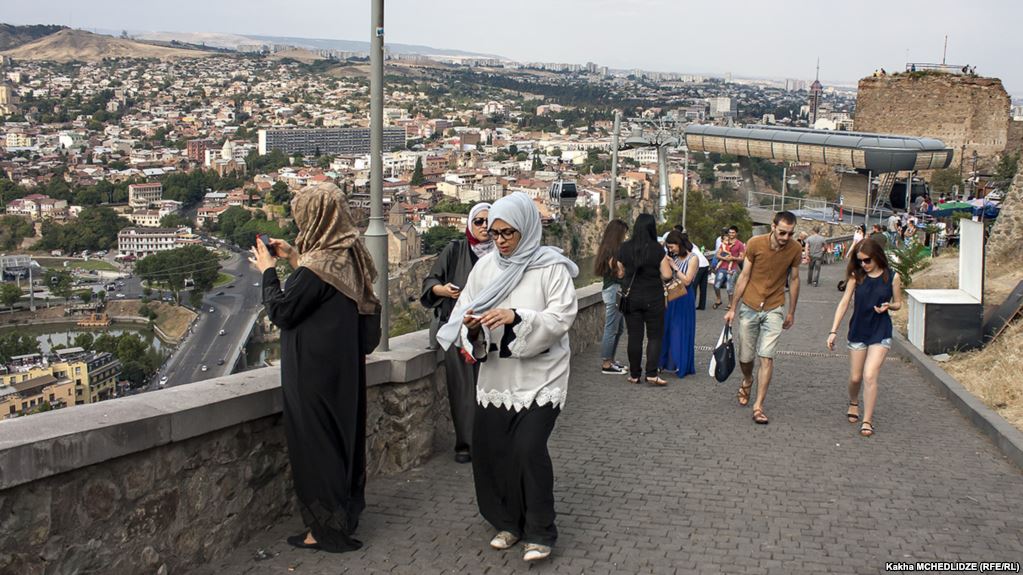Tbilisi mayor demands tougher rules for obtaining residency permits

Tbilisi Mayor Kakha Kaladze appealed to parliament with a request to revise the current legislation on granting residency permits to foreign citizens in Georgia.
He believes that the current legislation is contrary to the security and national interests of the country and should be toughened.
According to the current legislation, in order to obtain a one-year residency permit a foreign citizen may, among others, purchase real estate to the value of USD 35,000 to obtain a temporary permit. Also, according to the law, if a buyer transfers this property to another person, that individual also receives a residence permit.
This procedure, according to Kaladze, is a flaw in the law:
“One person often buys an apartment, and then fictitiously gives it to another person who then also receives a residence permit. They are spinning a carousel, so to speak, which is absolutely unacceptable for us,” Kaladze said.
He has apparently already discussed the issue with the chairman of parliament, Irakli Kobakhidze.
“The parliament has already discussed it and I want to appeal to our parliamentarians that amendments be adopted as soon as possible,” Kaladze said.
In addition to property transference, Kaladze demands that some other similar items of the law be amended.
In particular, he wants the amount of USD 35,000 to be increased to USD 100,000 in order to obtain a residence permit in Georgia. Moreover, a person who has received a one-year residency permit should lose it in the event that it gets sold or transferred.
“In this way it will be impossible to obtain a residency permit by different people using one property,” says Kaladze, who also wants the legislation changed with respect to investors.
According to the current legislation, an investor who invests an amount of 300,000 lari (approximately USD 120.5 thousand) receives a permanent residency permit. Kaladze suggested amending the amount to USD 300,000 and the unlimited residency permit to a five-year residency permit.
“We have nothing against the fact that citizens of other countries are coming to Georgia, and welcome those who engage in legitimate economic activities and receive education. But laws and procedures should correspond to the interests of our country. Correcting flaws which exist in the legislation proceeds from the national interests of our country and national security,” Kaladze said.
Kaladze is not the only one who demands stricter residency laws. A package of amendments to the Law of Georgia on the legal status of foreigners and stateless persons, was prepared and submitted to parliament long ago by MPs Gocha Enukidze and Ivlian Tsulaia. The package prepared by the lawmakers includes the changes proposed by Kaladze.
• From 2012 to 2016, 70,508 foreigners received a residency permit in Georgia. In 2017, 1,173 residency permits were issued (the reduction was due to the simplification of the visa-free stay in Georgia). Most of the residency permits issued in recent years have been to citizens of Azerbaijan, Russia, Turkey, Armenia, Ukraine, India, China and Iran.
From 2012 to 2016, 34,024 units of real estate with the right of ownership by foreign citizens were registered.
According to the Migration profile report for 2017, most foreign-bought property (53 per cent) in Georgia was by Russian citizens. They are followed by Ukraine, Armenia, Azerbaijan, and Israel.



















